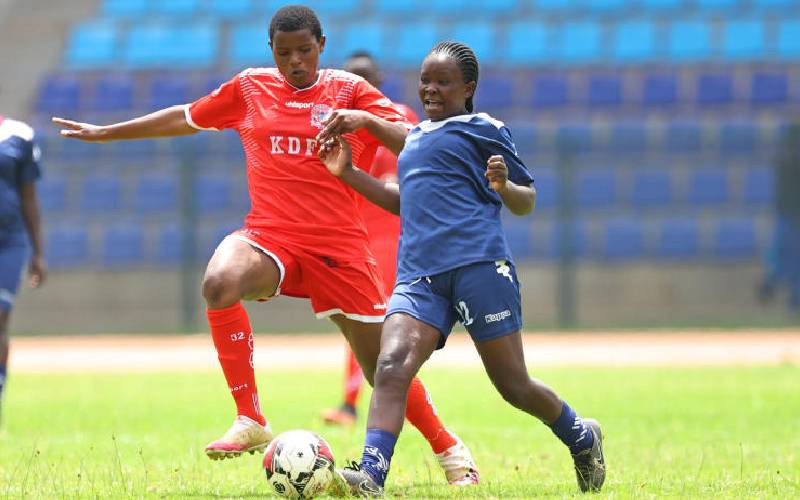×
The Standard e-Paper
Smart Minds Choose Us

I am no football fan. Unlike many Nairobians, I do not "own" any team in the much-loved English Premier League and so lack bragging rights when "our" team wins.
But for some reason, I am fascinated by the World Cup. Every four years I religiously watch all matches at this global football bonanza, including group games.